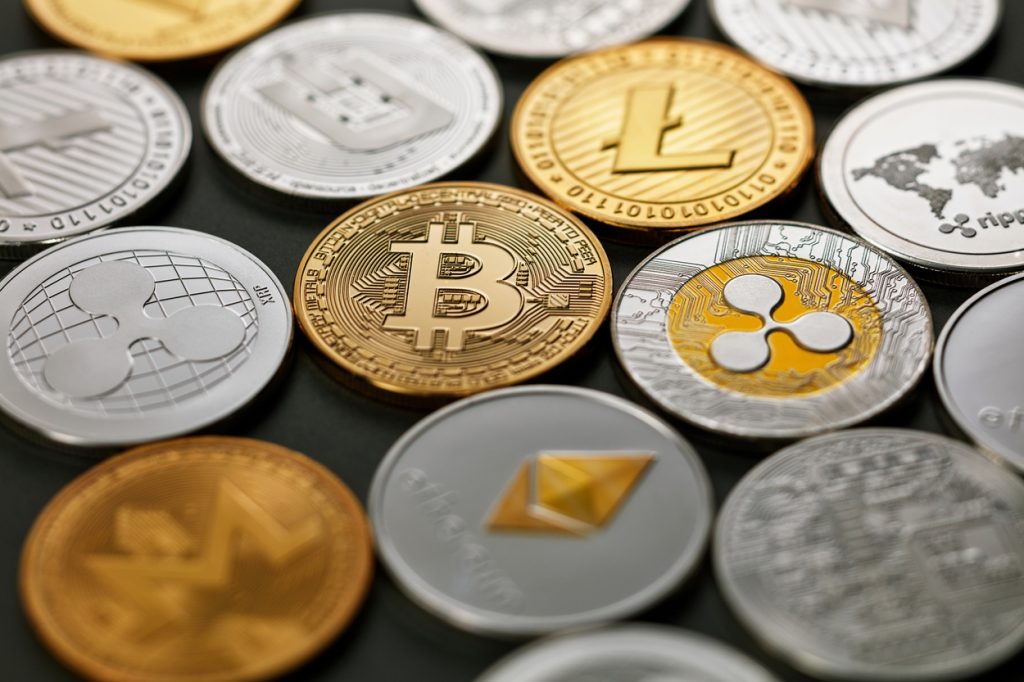
Cryptocurrency can be very secure, with transactions more difficult to subvert than fiat currency transactions.
They also offer anonymous transactions, which offers another means of enhancing financial security. However, users do need to do extensive research on the exchanges they use, the sites where they spend them, and, crucially, the crypto wallets used to store private keys.
The Rise Of Cryptocurrency
Cryptocurrency continues to see enhanced use. It is accepted by thousands of businesses around the world, offers a popular e-commerce alternative to bank and credit card payments, and has become popular with crypto casinos that offer instant withdrawals.
These casinos offer the same games as traditional online casinos but they have the benefit of being able to offer customers instant deposits and withdrawals thanks to the speed and automation of cryptocurrency payments. However, users need a crypto wallet to be able to send and receive these payments. And that wallet needs to be secure.
Don’t Leave Your Crypto In Exchange Wallets
Most people buy and trade their cryptocurrencies on centralized exchanges like Coinbase and Binance. Exchanges allow users to leave crypto on the exchange. However, doing this means the exchange retains the keys to your crypto. If they get hacked, your keys could be stolen, and it is then very easy for the thief to access your crypto holdings. Using a wallet, whether it is a software or hardware wallet, means you get the keys to your cryptocurrency, which are then stored in the wallet.
Use A Hardware Wallet
Short of using a custody service, a hardware wallet is the most secure option. Companies like Ledger and Trezor manufacture and sell high-quality hardware wallets. These only connect to the Internet when you want to transfer crypto and when they’re not connected to the Internet, they can’t be hacked by third parties.
Use A Cold Wallet
Some software wallets are designed to be installed on USB drives, or even old cell phones that no longer connect to the Internet. These work in a similar way to a hardware wallet, although aren’t strictly the same. They do not connect to the Internet, though, and can offer a highly secure method of storing your private crypto keys.
Consider Multiple Wallets
If you have a sizeable crypto portfolio, you might want to consider using multiple wallets to store your holdings. This might seem like an excessive solution, but if one of your wallets is compromised, you won’t lose all of your holdings. You could store Ether in one wallet, Bitcoin in another, and your ETF collection in a third wallet.
Set Up A Secure Password
Whatever type of wallet you use, ensure you use a secure password. Don’t use the same password you use for every account, and use secure password practices to enjoy the best safety. This means making the password longer than 12 characters and including uppercase and lowercase letters, numbers, and special characters without any easy-to-guess strings. Ideally, the password should be an auto-generated one to make it more difficult to crack.
Don’t Store Passwords Or Keys On Devices
When you set up a wallet, you will be given a backup or seed phrase. This consists of between 12 and 24 random words. If you ever lose access to your wallet, you will be able to use this phrase to regain access. You must keep this secure. Store it offline and do not keep it on the same device as your software wallet.
Update Your Wallet Regularly
Software wallets, and the software used on hardware wallets, need regular updating. These updates can plug any security holes and help maintain the security of the wallet. But only if they are allowed to download and install. Ensure the validity of any update and let it run.
Check Every Transaction
Theft isn’t the only way people lose their cryptocurrency balances. To send crypto, you need to send them to other wallet addresses, and these addresses are long and complex. You might be able to scan a QR code or click a link, but you should always double-check every transaction when you’re sending a remittance.
Use Best Online Security Practices
Always follow best security practices. This means only using trusted networks to access the Internet. Don’t leave your device out where it can be stolen or accessed by other people, and don’t share passwords or data with other people.
Keep It Private
You should keep everything from our password to your seed phrase private. But, you should also keep information about your crypto holdings private. Don’t let other people know you have $100,000 of Doge sitting in a wallet on your desk. If a thief can convince you to give up your private key, or your wallet password, it doesn’t matter how secure the wallet is.